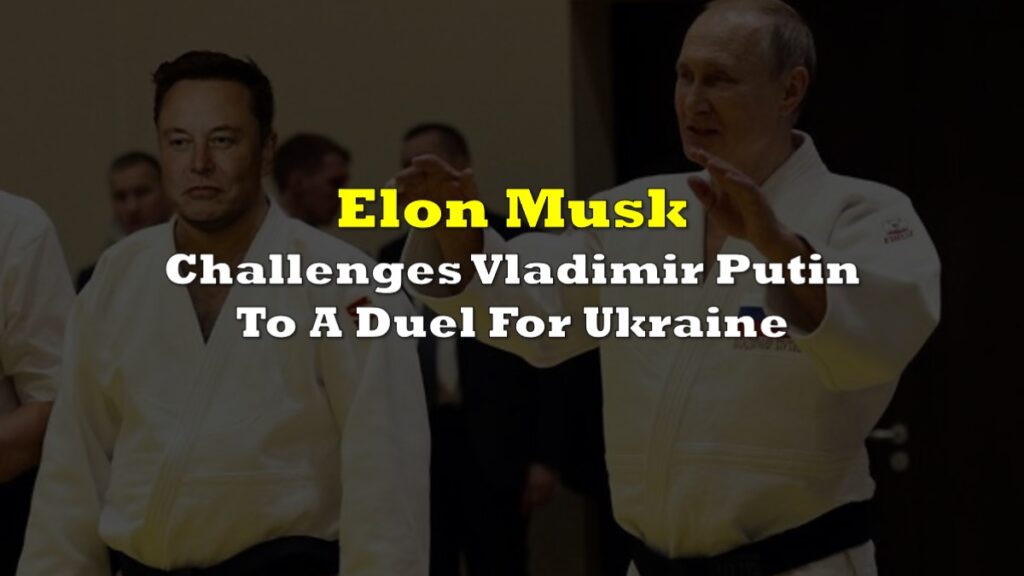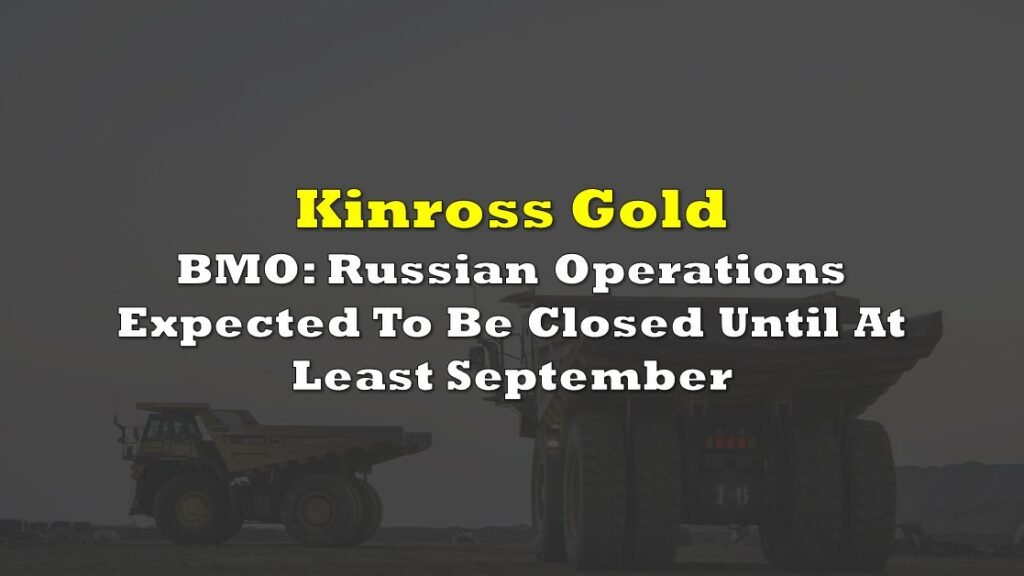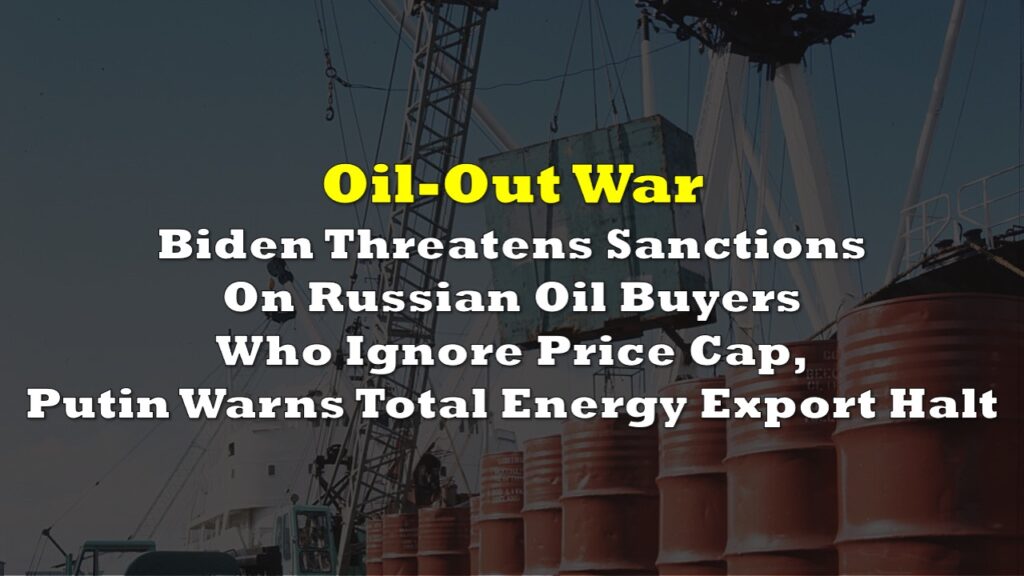Diamonds are apparently not forever – at least not for Russia’s exports. The United States and other countries are making a move to lobby Moscow’s gems as being “conflict diamonds” to the Kimberley Process, arguing that these exports are financing the country’s costly invasion of Ukraine.
Conflict diamonds are called as such–and sometimes “blood diamonds”–because they are deemed to be sold for the purpose of financing a conflict or a war. The international organization Kimberley Process, installed by a United Nations resolution, is made up of key diamond-producing states and is tasked to prevent the trade of such diamonds.
Now that the commodities war on energy trade has pretty much been saturated by sanctions and bans, the conflict seemed to have shifted to diamonds.
“Proceeds from [Russia’s] production are benefiting the same state that is conducting a premeditated, unprovoked, and unjustified war,” said US State Department official George Cajati to the Kimberley Process chair Botswana.
Early in March 2022, US President Joe Biden announced that Washington, DC will downgrade Russia’s trade status as punishment for its invasion of Ukraine, effectively banning Russian imports including seafood, alcohol and diamonds. Before that, at the onset of the war, the US immediately sanctioned Serge S. Ivanov, CEO of Russia’s biggest diamond-producing firm Alrosa.
Ukraine, also a member of the Kimberley Process, echoes the conflict diamond argument, asserting that Russia’s revenue from its diamond exports are contributing to powering the continuation of the invasion.
“Russian diamonds are involved in financing the war of the Russian Federation against Ukraine, which makes these diamonds not just conflict, but bloody,” said Vladimir Tatarintsev, deputy director of the Ukrainian Gemmological Center.
The Kimberley Process formally defines conflict diamonds as “rough diamonds used by rebel movements or their allies to finance conflict aimed at undermining legitimate governments.”
Russia, which chaired the Kimberley Process for the second time last year, is the world’s biggest producer of rough diamonds by volume–accounting for more than US$4.5 billion of the global trade. The country maintains that it follows the environmental, social and governance standards for producing the gems and highlights the importance of the industry’s economic benefit within the state.
“The livelihoods of one million people of [the federal Russian republic] Yakutia fully depend on the stability of diamond mining in the region,” the country’s finance ministry said.


Source: Kimberley Process
Current sanctions by the West on Russia’s rough diamonds provide a loophole–rough diamonds are labeled as such because they have yet to be cut and shined. Most of the diamonds that reach US, for instance, are already processed diamonds; these may come from other countries to which Russia exports its rough diamonds for polishing. A huge share of these are done in India, after which, polished diamonds to be shipped to the US–while having its rough origin from Russia–are now labeled to be of Indian origin.
The Kimberley Process, should it decide to take action on Russia’s diamond exports, might affect the country’s gem trade with the world and its leadership status within the industry. Moscow enjoyed its rise in the industry food chain as countries looked for alternative sources to replace African exports then deemed conflict diamonds that financed the wars within the continent.
Now that Russia has found itself in the same spot the African diamond-producing states were before, it is threatened to have its diamond status dethroned–making way for other diamond producers to possibly fill the hole, including the second-largest producer (and current chair of the Kimberley Process) Botswana.
Aside from this, the labelling of Russia’s exports as conflict diamonds and the potential subsequent trade restriction could rally the price further, which saw a continuing spike when the war broke out.

Russia, which enjoys a veto power on the Kimberley Process, has been using this card to defer any talks in the international organization about Moscow’s invasion. However, with the recent developments on weaponizing energy, commodities, and currency, the organization’s next scheduled meeting in November might have a different tone.
It might lead to Russia’s diamonds being cut from the world.
Information for this briefing was found via The New York Times. The author has no securities or affiliations related to this organization. Not a recommendation to buy or sell. Always do additional research and consult a professional before purchasing a security. The author holds no licenses.









